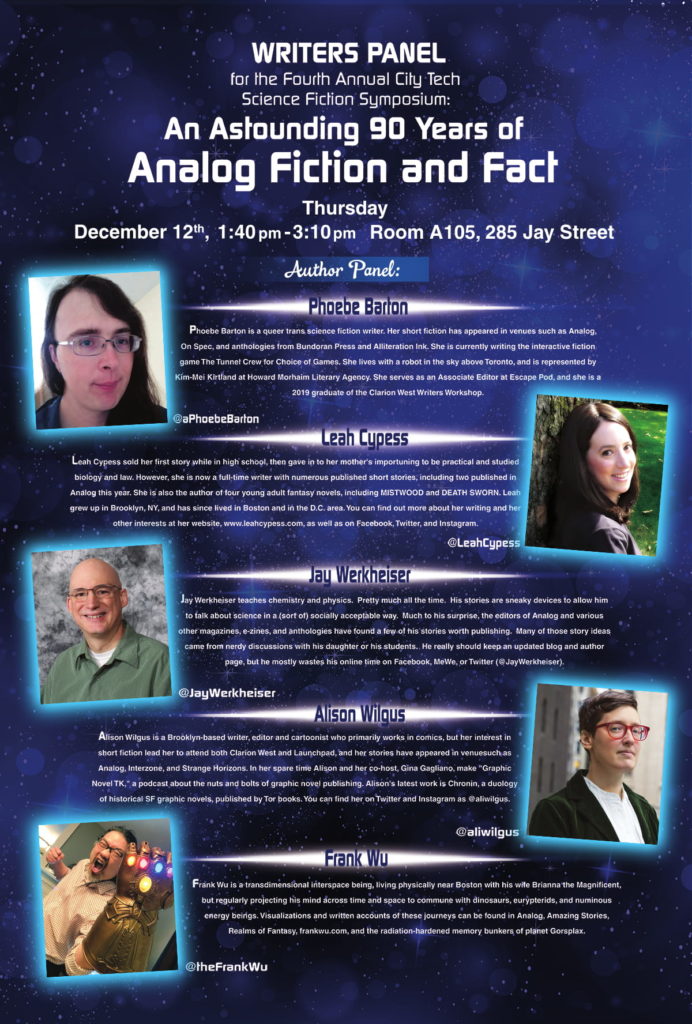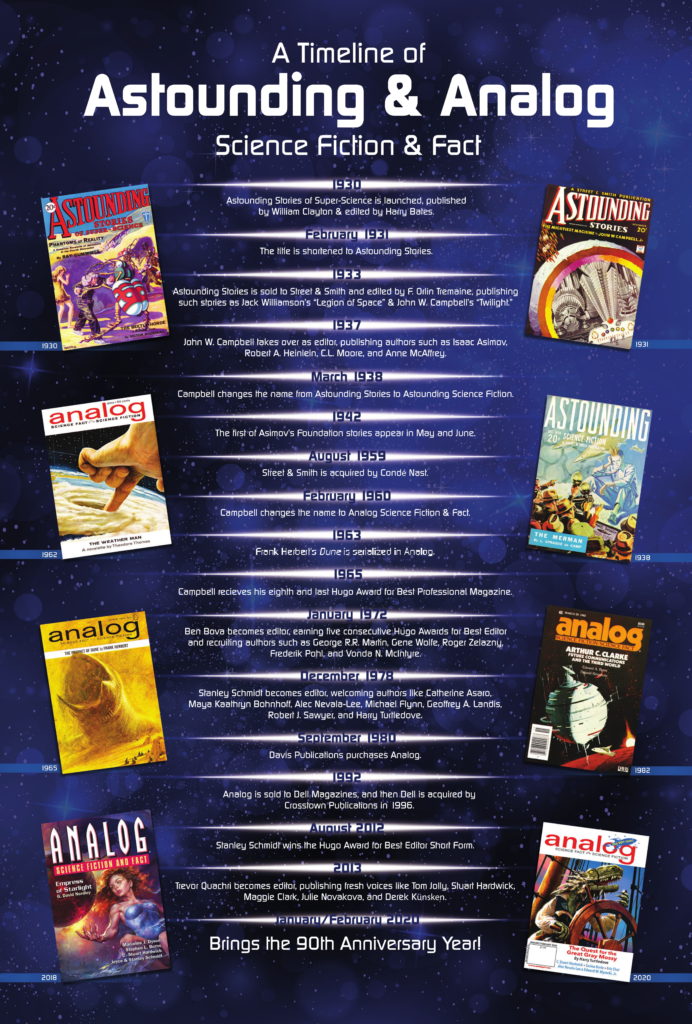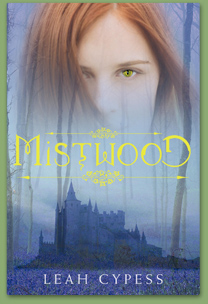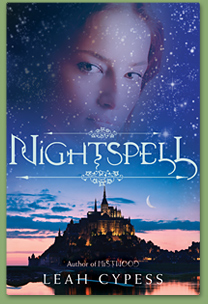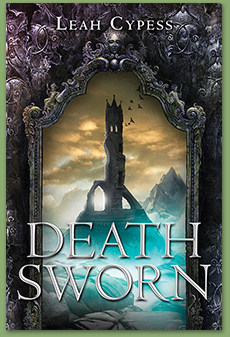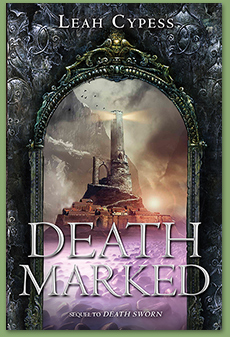
[Editor’s note: be sure to read the comments on this post for more novellas and more Filer reviews.]
By JJ:
TL;DR: Here’s what I thought of the 2020 Novellas. What did you think?
I’m a huge reader of novels, but not that big on short fiction. But the last few years, I’ve done a personal project to read and review as many Novellas as I could (presuming that the story Synopsis had some appeal for me). I ended up reading:
- 31 of the novellas published in 2015,
- 35 of the novellas published in 2016,
- 50 of the novellas published in 2017,
- 38 of the novellas published in 2018,
- 57 of the 2019 novellas,
- and this year I was waiting for access to a few novellas from my library, so I was reading others, and thus my final total crept up to 59!
The result of these reading sprees were
- the 2016 Novellapalooza,
- the 2017 Novellapalooza,
- the 2018 Novellapalooza, and
- the 2019 Novellapalooza.
I really felt as though this enabled me to do Hugo nominations for the Novella category in an informed way, and a lot of Filers got involved with their own comments. So I’m doing it again this year.
It is not at all uncommon for me to choose to read a book despite not feeling that the jacket copy makes the book sound as though it is something I would like – and to discover that I really like or love the work anyway. On the other hand, It is not at all uncommon for me to choose to read a book which sounds as though it will be up my alley and to discover that, actually, the book doesn’t really do much for me.
Thus, my opinions on the following novellas vary wildly: stories I thought I would love but didn’t, stories I didn’t expect to love but did, and stories which aligned with my expectations – whether high or low.
Bear in mind that while I enjoy both, I tend to prefer Science Fiction over Fantasy – and that while I enjoy suspense and thrillers, I have very little appreciation for Horror (and to be honest, I think Lovecraft is way overrated). What’s more, I apparently had a defective childhood, and I do not share a lot of peoples’ appreciation for fairytale retellings and portal fantasies. My personal assessments are therefore not intended to be the final word on these stories, but merely a jumping-off point for Filer discussion.
Novellas are listed in two sections below. The first section, those with cover art, are the ones I have read, and they include mini-reviews by me. These are in approximate order from most-favorite to least-favorite (but bear in mind that after around the first dozen listed, there was not a large degree of difference in preference among most of the remainder, with the exception of a handful at the bottom). The second section is those novellas I haven’t read, in alphabetical order by title.
I’ve included plot summaries, and where I could find them, links to either excerpts or the full stories which can be read online for free. Some short novels which fall between 40,000 and 48,000 words (within the Hugo Novella category tolerance) have been included, and in a couple of cases, novelettes which were long enough to be in the Hugo Novella tolerance were also included.
Please feel free to post comments about 2020 novellas which you’ve read, as well. And if I’ve missed your File 770 comment about a novella, or an excerpt for a novella, please point me to it!
If you see something that looks like gibberish, it is text that has been ROT-13’ed to avoid spoilers. (Please be sure to rot-13 any spoilers.)
(fair notice: all Amazon links are referrer URLs which benefit non-profit SFF fan website Worlds Without End)
Continue reading

